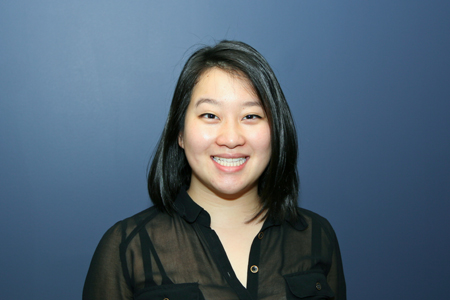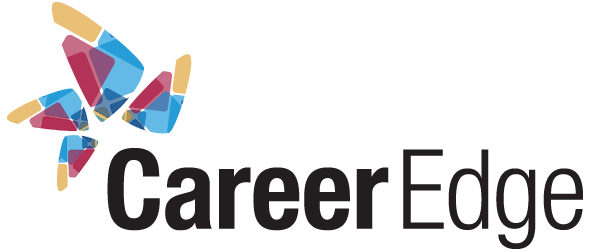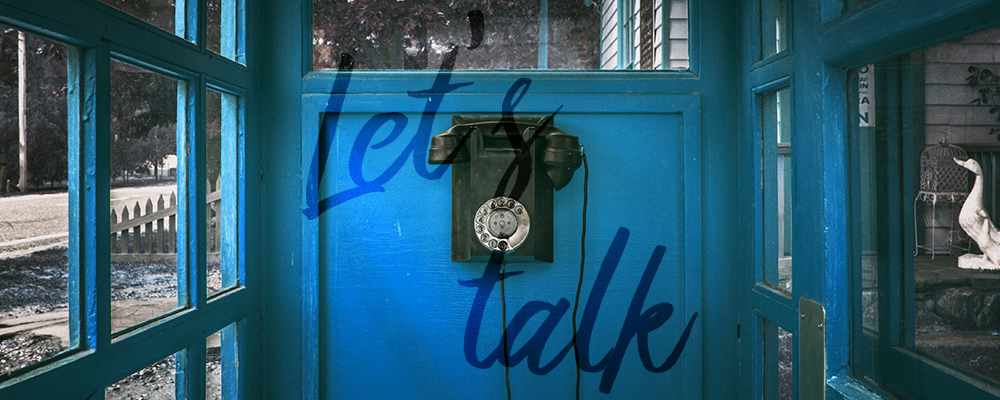When I was asked to write this blog post, I had no idea where to start. My mind went from being super excited, to being nervous and worried about writing the wrong thing, to not being sure as to what guidelines there were to follow. Were there any guidelines? How long did the article have to be? How many people would be reading this? How candid or professional did this have to be? What kind of implications could this have on my professional career? Would this article even be used for our blog? What a whirlwind of thoughts to have in 10 seconds but believe it or not, this is what my life is like every day.
Most people who see me and work with me everyday, probably would not be able to tell that I was diagnosed with clinical depression and severe anxiety over 5 years ago. I was on medication for over 3 years and went to see a psychotherapist on a weekly basis. Over the years, I picked up meditation, writing journals and speaking to my family doctor on a monthly basis to ensure my mental health was in check. My mental health is a huge part of my life, and I am extremely open and honest with my journey and how I have gotten to where I am today. For me, I love hearing the conversations that the topic of mental health generates, and I appreciate it when people want to learn more. I also love hearing about other people’s experiences and hearing their story.
At one point I thought my mental health would prevent me from graduating university. I thought I wouldn’t make it but currently, in my role at Career Edge Organization as a Talent Specialist, my mental health has allowed me to excel at what I do. My ability to be open and honest about my disability has provided me with the opportunity to speak on panels and connect with job seekers, especially those with self-declared disabilities on a stronger level. My ability to relate to them has allowed for me to build a relationship with them based on trust.

Candice Leung, Career Edge Talent Specialist and GWD Alumna
They can feel confident coming to me with questions or concerns. From there, I am able to tailor my approach to better help these candidates succeed in the job search process. I always make a point to help them focus on their abilities. The job search process is difficult, and over time, individuals can begin to feel demotivated and forget the strengths and all the wonderful skills they can bring to an organization. The talent team at Career Edge works hard to give candidates the confidence they need.
In order to build awareness, it is important to understand your feelings and what you need in order to move past those feelings. I’m at a point in my life where I am much more self-aware and I am able to analyze and pinpoint what the cause of my anxiety and depression is, and what I can do to alleviate the negativity I feel. I still have days where something as simple as getting out of bed will be hard for me, but now when those days come, I listen to my body. If I have to take a day to recharge, I give myself that.
Taking things day by day and taking control of what you can in your life, professionally or personally is an essential part to your own success. Professionally, make sure the job or company you decide to apply to and work for, is inclusive and supportive of its employees. Do your research, network and speak to people currently working at those companies. It is so important to realize that you have to feel comfortable and supported in a place you will be spending a majority of your day; It will make a big difference for your mental health! You should feel comfortable having a conversation in terms of what kind of accommodations you may need.
The reality is, there is still a lot that can be done to build more awareness on mental health inside and outside the workplace. You will inevitably meet people who will not understand and will have the biases we all fear will be placed on us the moment we disclose our disability. However, as someone who disclosed early in the job process, I came to realize that the most important thing is to innately trust my instincts. As frustrating as it can be to feel misunderstood and like you are being treated unfairly, you have to tell yourself that no matter what happens, it will be okay. Do not let what others say to you, deter you from achieving your career goals and improving yourself.
I am very lucky that in my life, I have had the privilege and choice to make decisions for myself to better my mental health. I have extremely supportive family and friends who try their best to understand what I am going through on my harder days and even during my better days. Every day is different and new challenges will arise constantly. No matter what happens, the sun still comes up every day even if you can’t see it on a cloudy day.
At the end of the day, you made it and you’re still here. For that, I’m grateful and I want you to know that you are not alone and I am here for you. Whether we’ve met before or we’ve never spoken before, I am here for you. Let’s talk.
Today is the eighth annual #BellLetsTalkDay, an initiative launched by one of Career Edge’s host organizations.
In September 2010, Bell started a new conversation about mental health in Canada. The initiative created unprecedented dialogue about mental illness, engaging and opening discussion among millions of Canadians. The volume of interactions demonstrated a need for action, offering new ideas and hope. The initiative’s four pillars are: (1) anti-stigma, (2) care & access, (3) research, and (4) workplace health.
Since the start of the campaign, the initiative has generated 729,065,654 interactions and $86.5 million donated to mental health initiatives. These contributions have provided 740,145 individuals with access to mental health care, and made 80 per cent of Canadians more aware of mental health issues.
According to Bell, 20 per cent of Canadians will suffer from mental illness in their lifetime, and two-thirds of individuals living with a mental illness won’t seek help for fear of stigma. Dr. Heather Stuart recommended five ways to help end the stigma: (1) language, (2) education, (3) kindness, (4) listening & asking, and (5) talking.
To contribute, “every applicable text, call, tweet, social media video view and use of [Bell’s] Facebook frame or Snapchat geofilter will donate 5¢. To learn more, visit https://letstalk.bell.ca/en/

